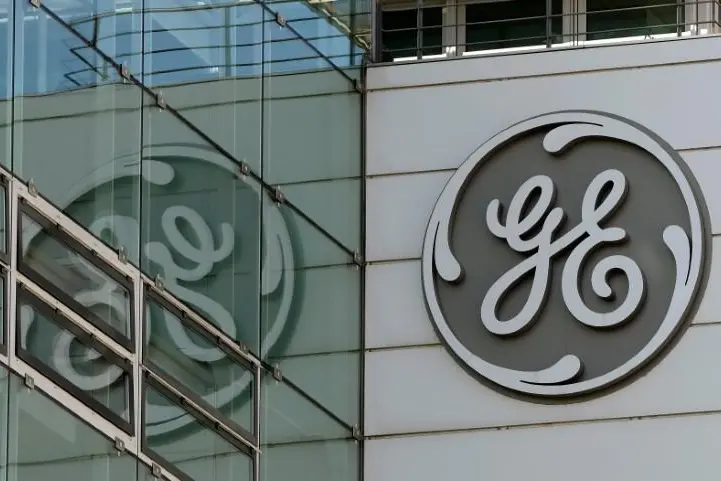PHOTO
DALLAS - General Electric has had a terrible year: the stock has lost more than half its value and is flirting with financial crisis lows. It can get worse. As its power business struggles and its finance unit consumes cash, the $60 billion conglomerate is heavily reliant on its aviation arm. The risk is that cyclical, financial and competitive headwinds kick the strongest leg of the stool out from under shareholders.
That’s a painful prospect after its annus horribilis, which included writing down assets and the firing of its chief executive, replacing him with the first outsider in the job, Larry Culp. With other operations struggling, plane product sales and repairs accounted for some 60 percent of segment earnings in the first nine months of 2018.
Aviation is GE’s pride, benefiting from booming air travel and robust engine orders, particularly from Middle Eastern customers. These included longstanding contracts with Saudi Arabia’s carrier to build and fix airplanes, and a 2018 deal to provide engines to Turkish Airlines.
What could go wrong Start with geopolitics. Increased tensions between the Saudis, Iranians, Turks, Qataris and others could dampen travel and slow new orders. A general economic slowdown, amid unresolved trade disputes, would do the same. Air travel is cyclical: More than a dozen U.S. cargo and passenger airlines filed for bankruptcy during the last U.S. recession.
There’s also the albatross of GE Capital. To help finance the sale of engines, GE Capital uses its parent as the backstop. That worked fine when it carried an “A” rating, enabling the finance arm to tap short-term markets with low rates. But ratings agencies downgraded the company after fresh writedowns in October, forcing it to slash its use of commercial paper.
This gives competitors like Rolls-Royce and United Technologies’ Pratt & Whitney an opportunity. Pratt & Whitney may be especially eager to poach GE customers following its merger with Rockwell Collins, and its parent’s decision to spin the company off as an independent entity.
Growing engines sales over the past decade could keep GE relatively busy fixing them. The global economy may continue to hum along. GE Capital may right itself, and rivals fail to chip away at GE’s aviation dominance. But like any jet trying to make a safe landing with a single engine, an unhealthy dollop of faith is required.
On Twitter https://twitter.com/TheRealLSL
CONTEXT NEWS
- In October, Moody’s Investors Service and Standard & Poor’s downgraded the debt of General Electric.
- For previous columns by the author, Reuters customers can click on SILVA/
- SIGN UP FOR BREAKINGVIEWS EMAIL ALERTS http://bit.ly/BVsubscribe
(Editing by Rob Cox and Amanda Gomez) ((Lauren.SilvaLaughlin@thomsonreuters.com; Reuters Messaging: Lauren.SilvaLaughlin.thomsonreuters.com@reuters.net))





















